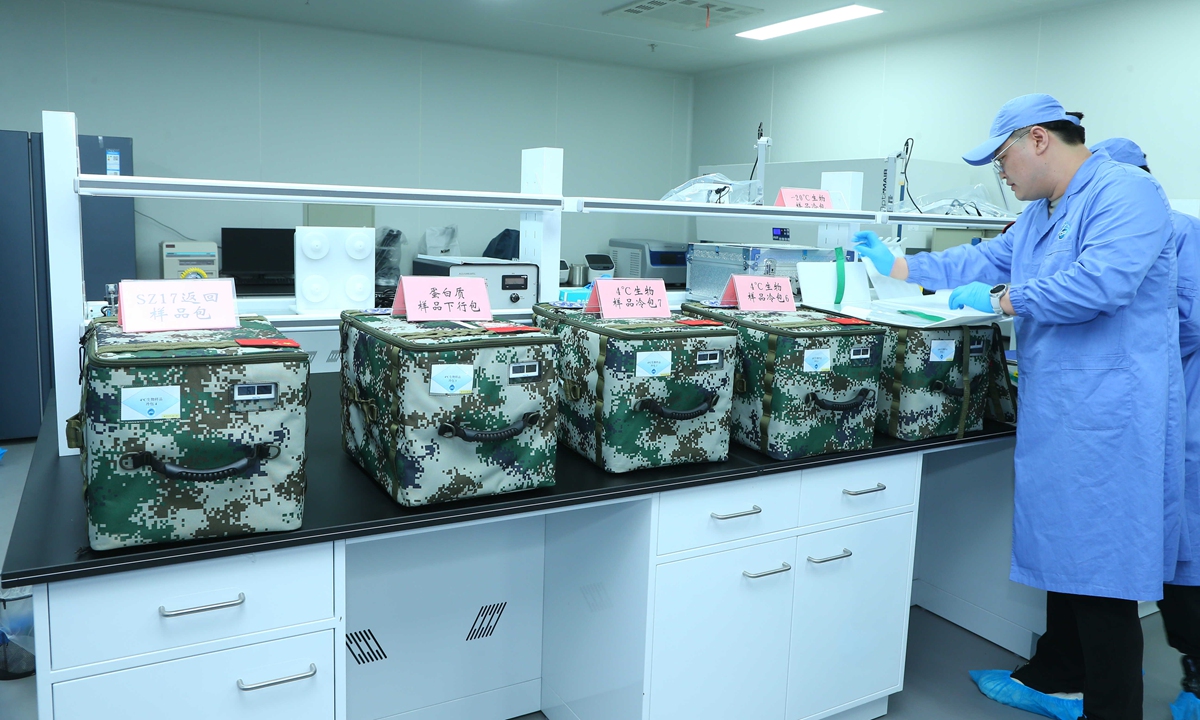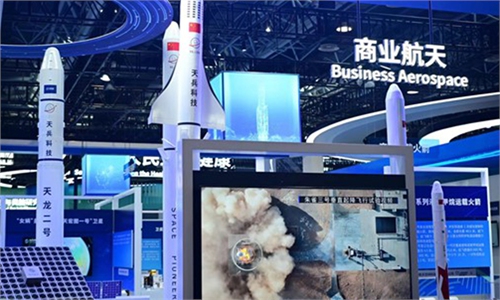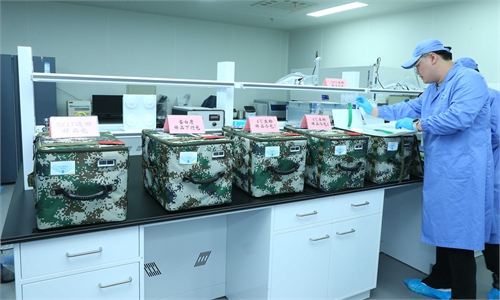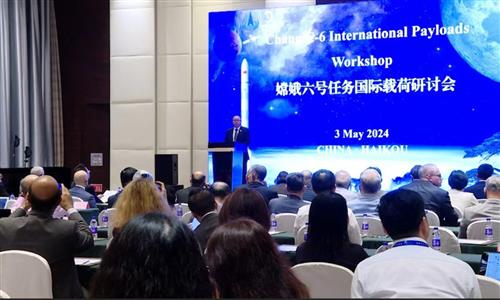Space sample on Shenzhou-17 manned spaceship delivered to scientists in search of new breakthroughs

Photo: Technology and Engineering Center for Space Utilization, China Academy of Sciences
Weighing a total of 31.5 kilograms, the sixth batch of scientific samples that was returned to Earth by China's Shenzhou-17 manned spaceship has been delivered to scientists in Beijing on Wednesday. A day prior to that, the Shenzhou-17 manned spaceship touched down at the Dongfeng landing site in North China's Inner Mongolia Autonomous Region.The new batch of space samples include 32 types of life experimental specimens like human osteoblasts, a major substance for bone formation, protein crystals and organic molecules.
Another 18 types of material samples such as high-temperature and extravehicular exposed materials are all contributed to this new batch of off world discoveries. The samples collected will serve around 23 different scientific projects.
On Wednesday, the precious scientific cargo was handed to researchers at the Technology and Engineering Centre for Space Utilization, Chinese Academy of Science. A process of biological analysis including the transcriptome sequencing and proteomic researches will now be carried out by experts.
A study of biological mechanisms of cells in a microgravity environment was conducted to assist better understand disease prevention and intervention. Future analysis on collected protein samples may also provide scientific support for new medicine and vaccine development.
Technical staff from the space program also expect that collected material samples from space can enhance China's researches on optimizing resource utilization of lunar soil.
China's Shenzhou-17 manned spaceship mission marks a new chapter in human-space success following the spacecraft's taikonauts returning in good health. The taikonauts, Tang Hongbo, Tang Shengjie and Jiang Xinlin had been in orbit for 187 days before returning to earth.
Amid the Shenzhou-17 mission, taikonauts completed the first extravehicular maintenance task in the history of China's space program.
"I believe that the shenzhou-18 crew will succeed us to complete the follow-up mission successfully. I am more convinced that in the near future, we will not only return to the space, but also let the Chinese space exploration go deeper and deeper. China's aerospace industry is always worth looking forward to," Tang Hongbo told media.



